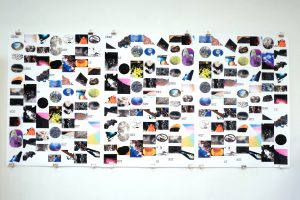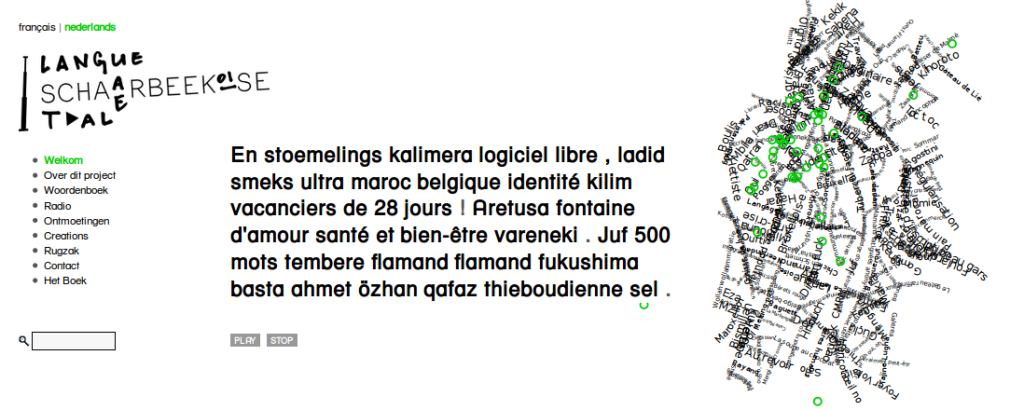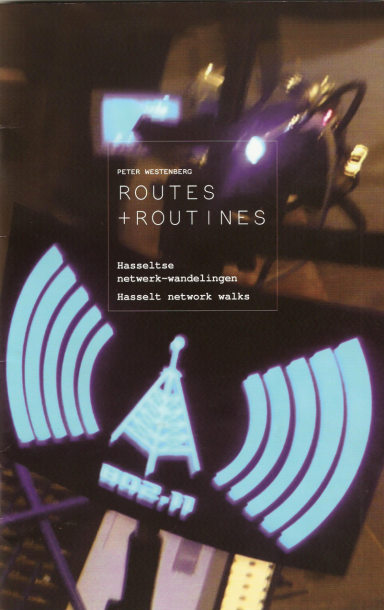Hot Brine is an ongoing speculative research into so-called sustainable technologies such as using geothermal-energy for producing both carbon neutral electricity and lithium hydroxide, or injecting carbonated water into underground basalt for permanent carbon sequestration. We are interested in the way that imaginaries for these technologies are visualised, materialised and circulated. During a summer residency in Atelier Mondial, hosted by the Critical Media Lab program at IXDM in Basel, we made two publications and a series of posters.
Für Kundeliste bitte Milchkasten öffnen (For client list, please open the milk cabinet) is a report from a daytrip to Zug, a small city that houses many major companies active in crypto currencies and blockchain. In a series of drawings and frottages, we traced the banal presence of nested letterbox companies in this self declared Crypto Valley capital.
Here’s a pdf to print separate pages
Here’s a pdf to print a 24 page A5 brochure.
Potential Removal collects a series of images and diagrams gleaned from scientific and commercial publications that visualize “mineral carbonization”. They were emptied from texts and values to reveal the bare graphic templates through which carbon removal schemes are made imaginable.
Here’s a pdf to print a 24 page A4 brochure.
Rows of natural carbon look-alikes magically blow holes in sequestration formulas. The poster series Net Zero Not Zero reclaims visualisation of the mineral underground as a means to make the capitalist extractivist logics behind ‘Net Zero’ carbon neutral practices tremble.
2023, Peter Westenberg and Femke Snelting / The Institute for Technology in the Public Interest (TITiPI).
Atelier Mondial and the Critical Media Lab, Institute for Experimental Design and Media Cultures (IXDM) Basel Academy of Art and Design/University of Applied Sciences and Arts Northwestern Switzerland (FHNW)
https://criticalmedialab.ch/hot-brine/

























